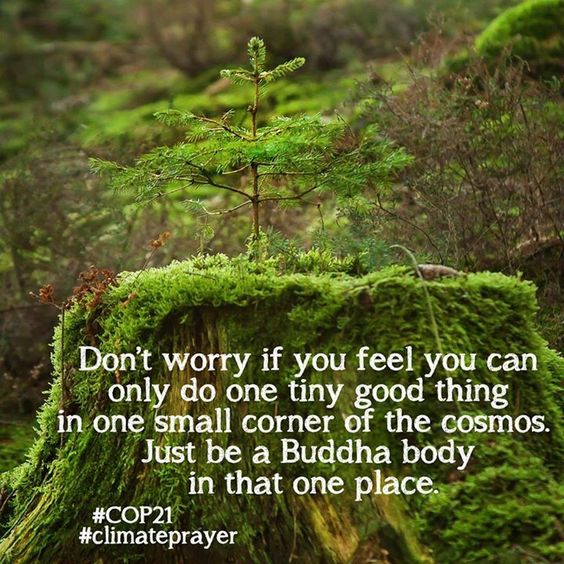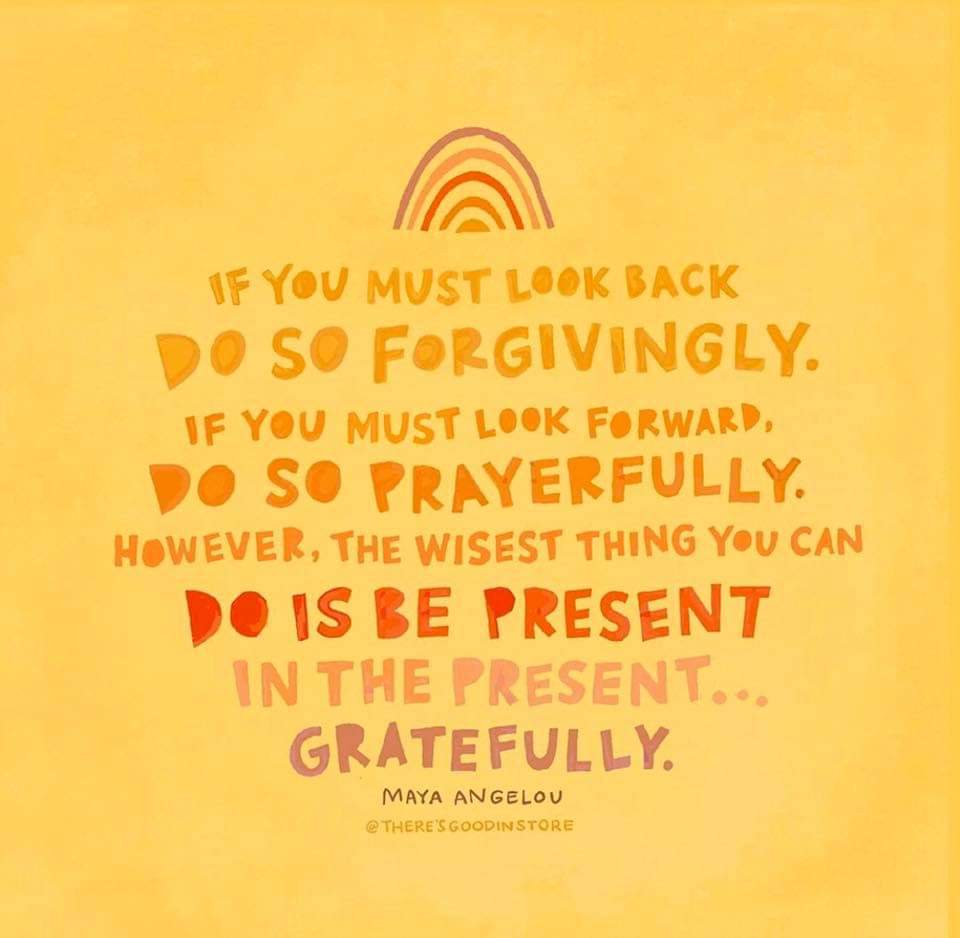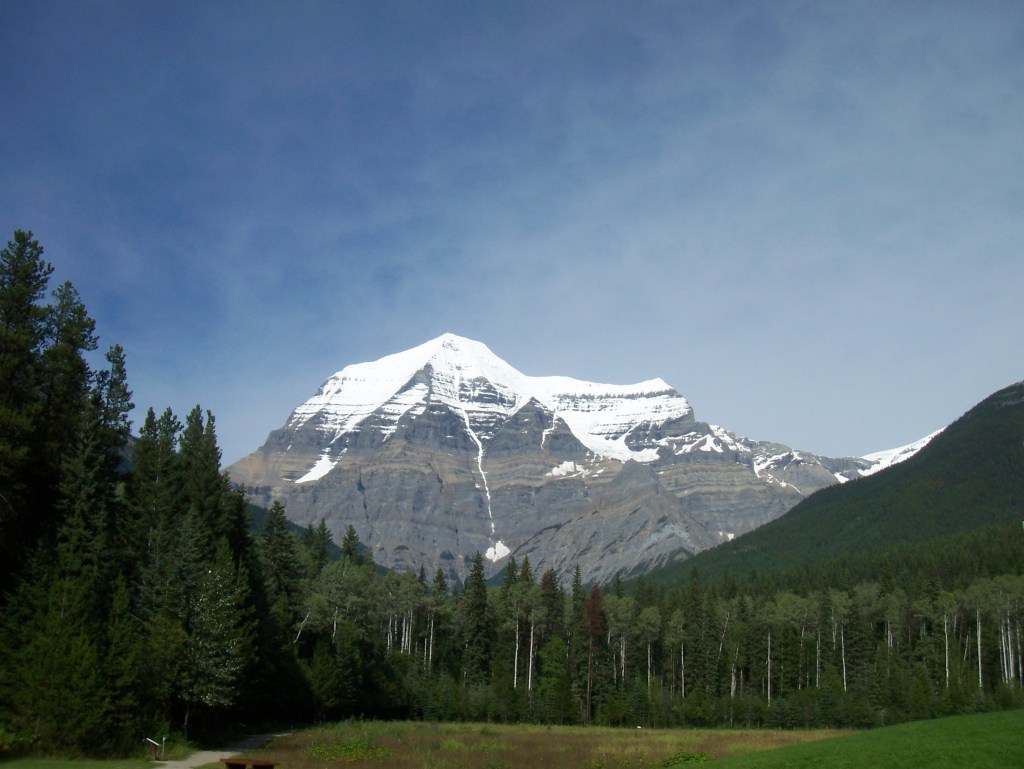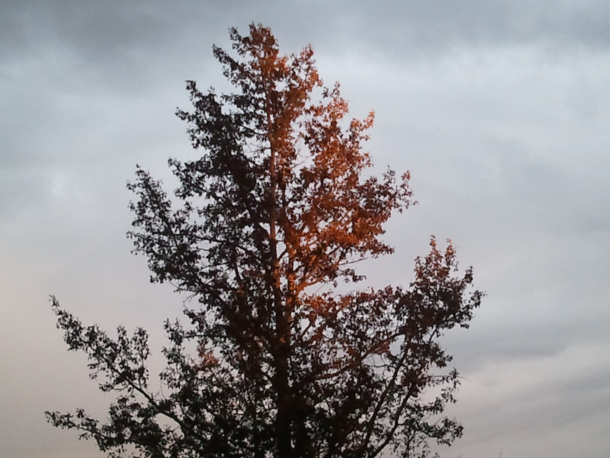It has been awhile since I lasted posted. This wonderful post by Purple Rays came through my feed and it was an opportunity to share it and get re-started.
Although the quote is one from Mahatma Gandhi, it reminds me of many by Thich Nhat Hanh. Sometimes, I get busy and forget to pause and take in the world as it is in all its radiant beauty. Or, I forget to be grateful for what I have in life. To be mindful and aware of what brings me gratitude is important. It includes a long-term marriage, children who grew up and found their way, completing a PhD, publishing peer-reviewed articles and poetry, etc. Or, it is as simple as the small, perhaps tiny is a better word, garden in the backyard. It is not there to save money. I planted it to provide fresh tomatoes, basil, and strawberries, along with Kathy’s heritage rhubarb plant. Most mornings, I get check to see what is ripe and ready, I water, and notice the flowers that bring pollinators to the yard. It is less about the big accomplishments and more about the small things that go unnoticed in the shadows of those supposedly bigger and better accomplishments. Thich Nhat Hanh has a lovely quote reminding me to stay in the present , to be mindful of and appreciate everything I do or touch as a miracle.

For those who follow my blog, you may know I love Mary Oliver and her poetry. There is a mystical quality to it. Mystical is taking in the world and life in a subjective way, as a living subject. Rather than as objects to be probed, measured, and analyzed, we explore them and we use poetic terms to describe. Mary Oliver does this in The Summer Day, where she describes how a grasshopper captures her attention. She attends to it and minds its actions and ways of just being in the world–just being a grasshopper. I love the questions Mary Oliver asks in her poetry.
Who made the world?
Who made the swan, and the black bear?
Who made the grasshopper?
This grasshopper, I mean—
the one who has flung herself out of the grass,
the one who is eating sugar out of my hand,
who is moving her jaws back and forth instead of up and down—
who is gazing around with her enormous and complicated eyes.
Now she lifts her pale forearms and thoroughly washes her face.
Now she snaps her wings open, and floats away.
I don’t know exactly what a prayer is.
I do know how to pay attention, how to fall down
into the grass, how to kneel down in the grass,
how to be idle and blessed, how to stroll through the fields, which is what I have been doing all day.
Tell me, what else should I have done?
Doesn’t everything die at last, and too soon?
Tell me, what is it you plan to do
with your one wild and precious life?















